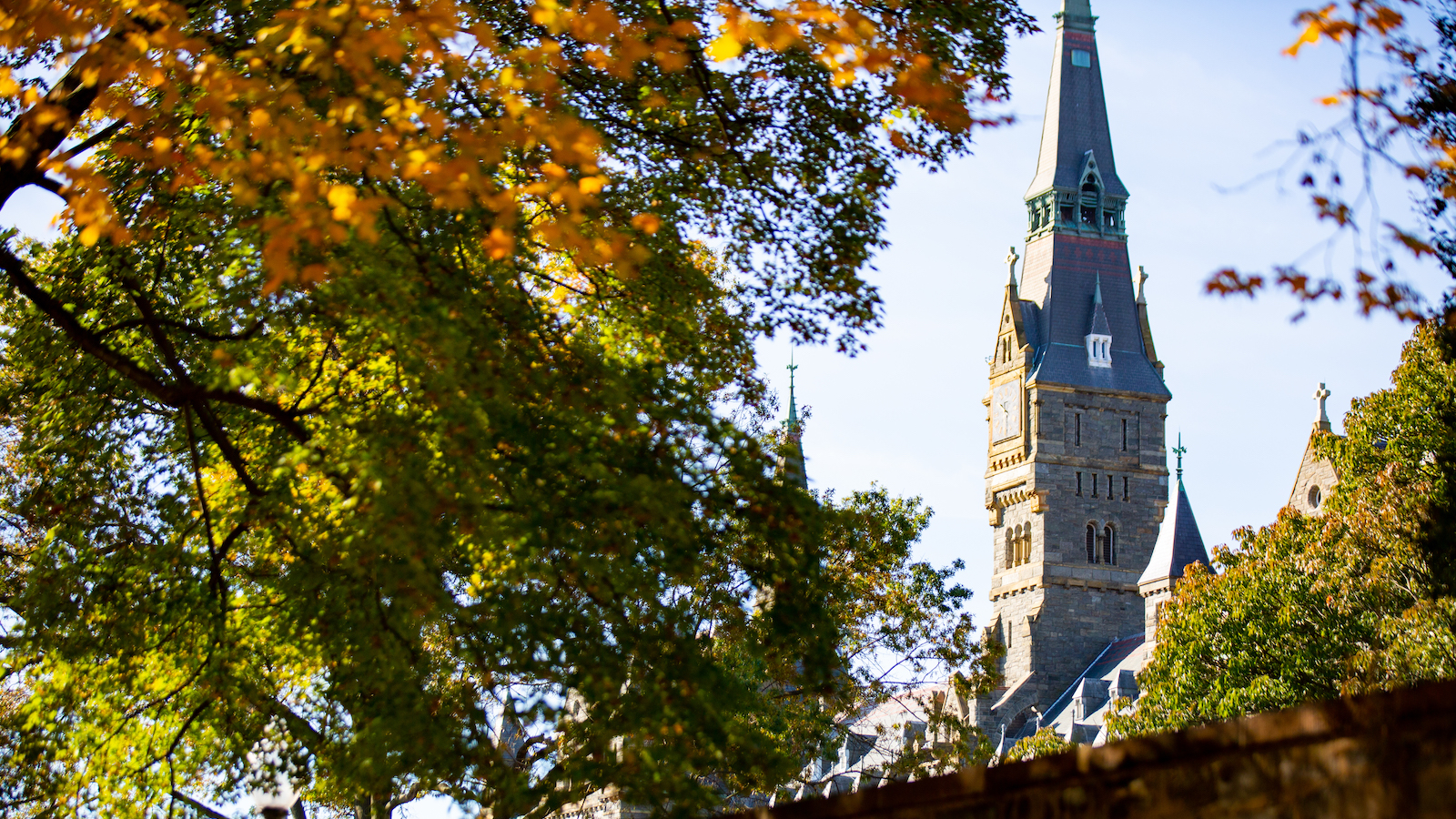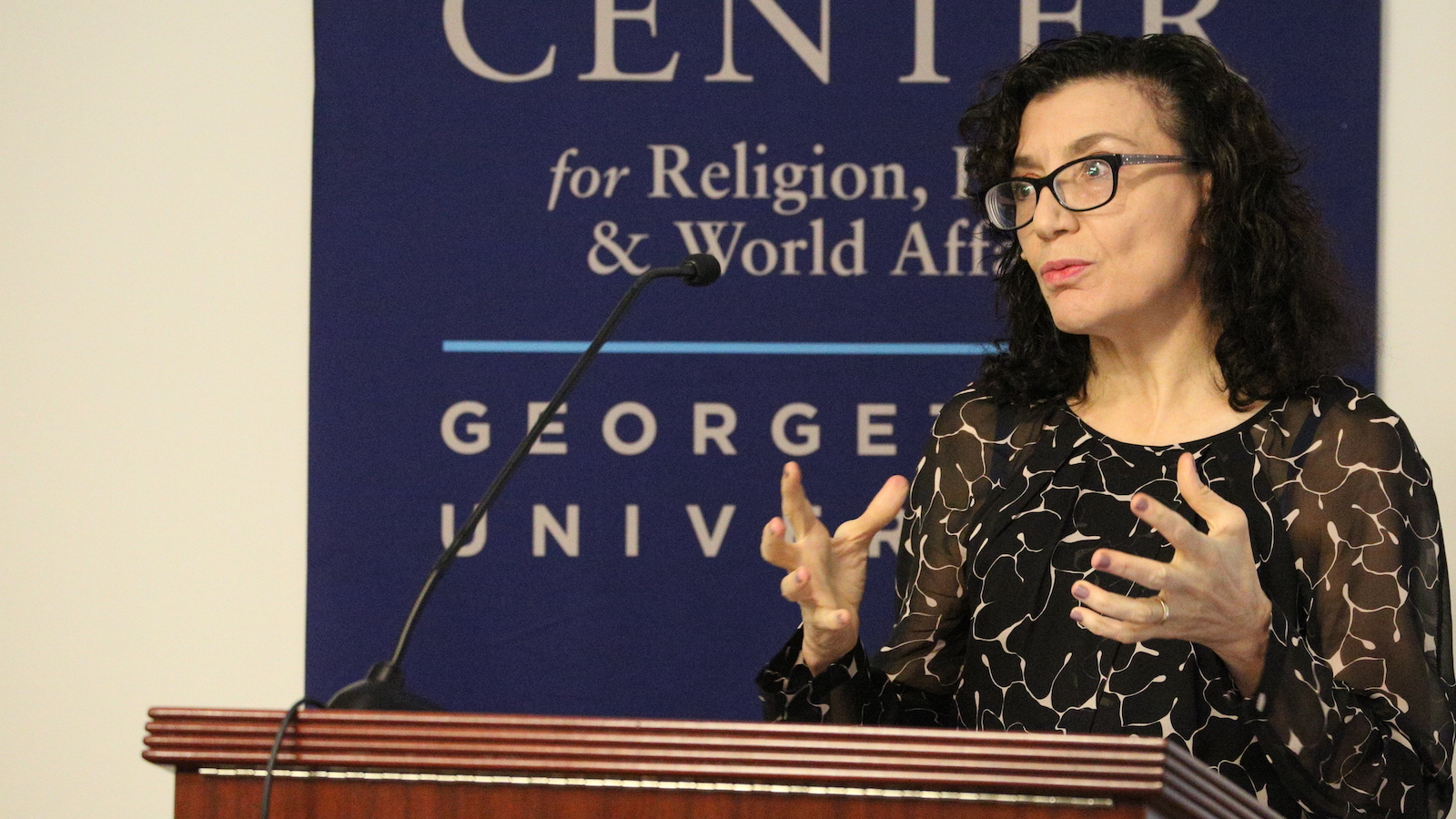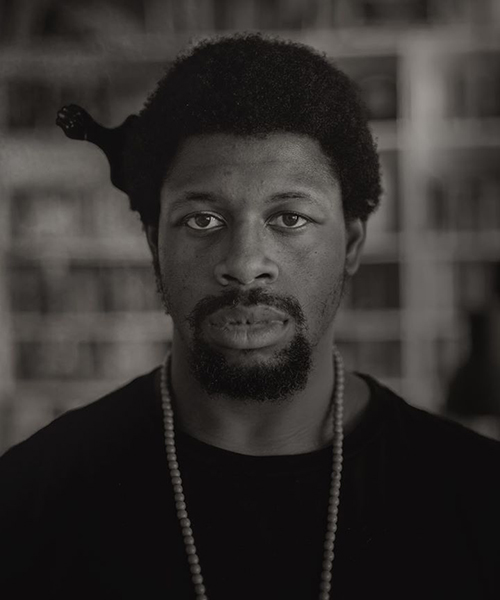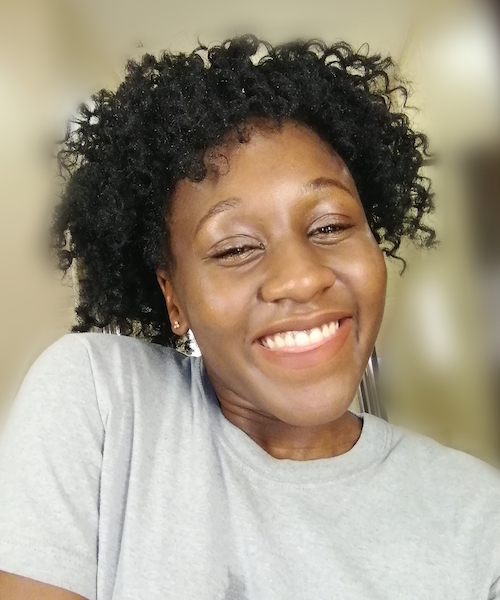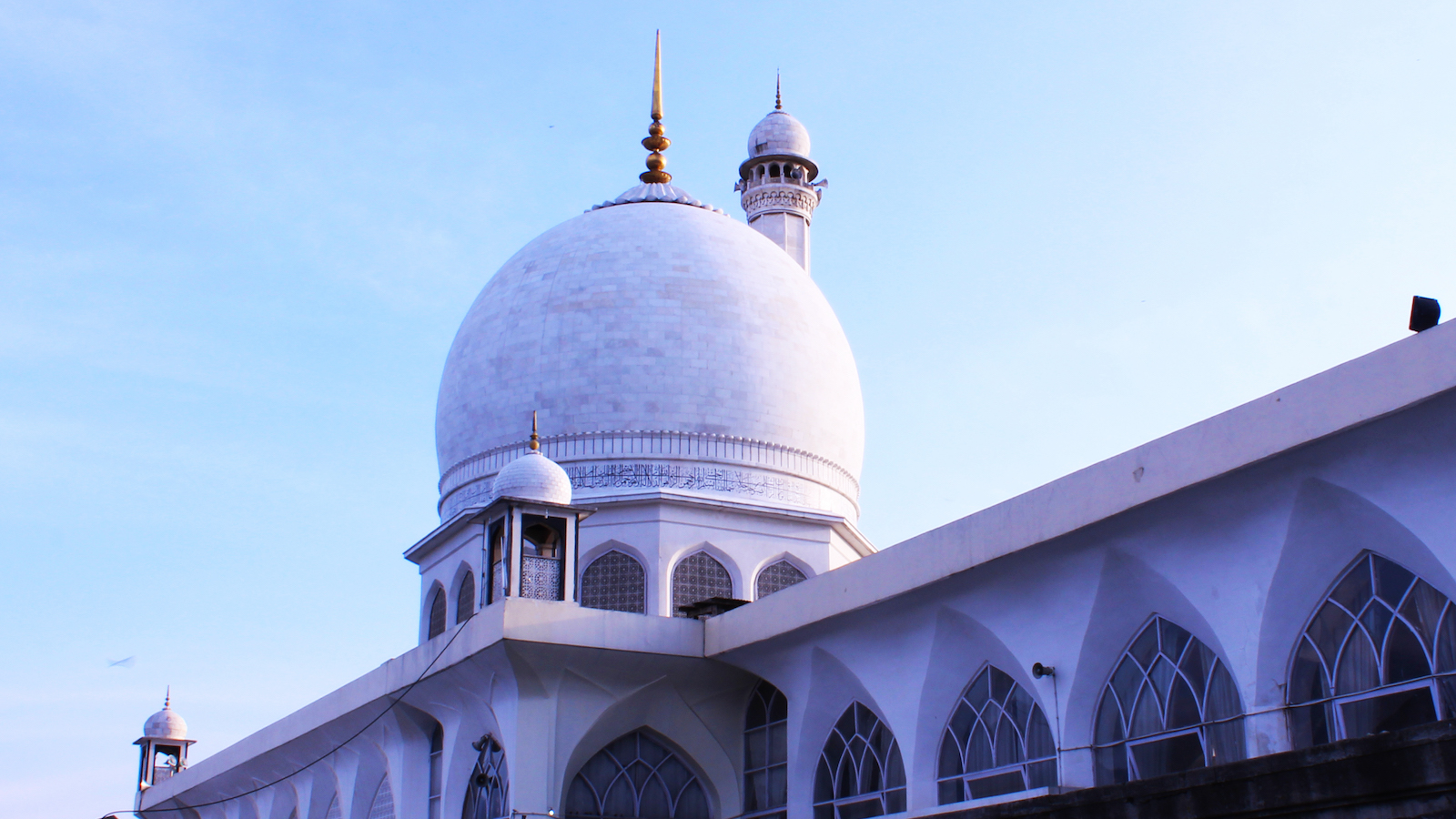
Berkley Center Faculty Tackle Tough Questions in First-Year Seminars
The COVID-19 pandemic presents major challenges to undergraduate learning, especially for first-year students who are just entering university life. In fall 2020, Berkley Center faculty helped new students build the intellectual skills and community necessary to thrive at Georgetown by teaching first-year seminars on subjects ranging from contemporary literature to global development.
Read more about first-year seminars taught by center faculty.


